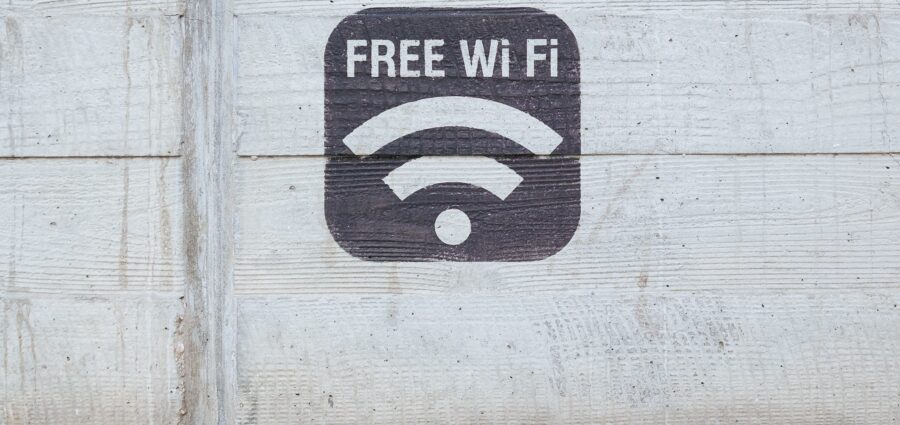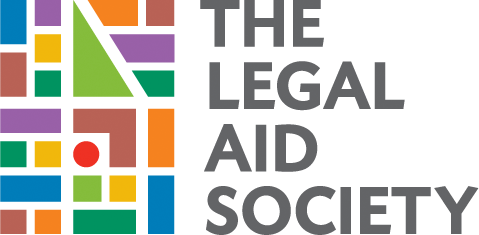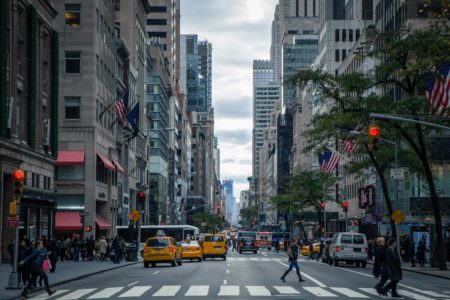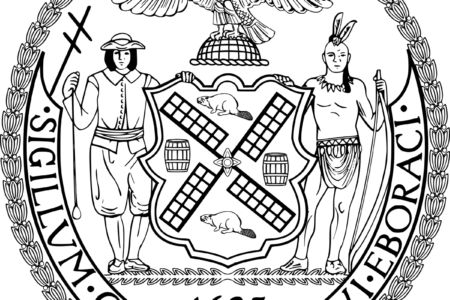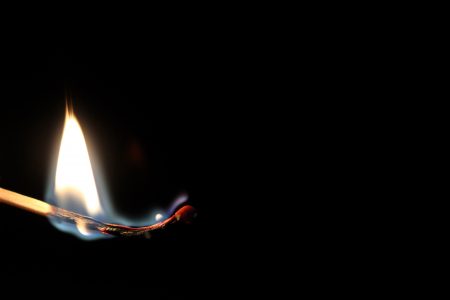The Legal Aid Society decried the City’s initial piecemeal response in addressing systemic internet access shortages at local shelters. Legal Aid and Milbank, LLP, representing the Coalition for the Homeless, raised these concerns in a demand letter issued on October 08, 2020, to the New York City Department of Education (DOE) and the New York City Department of Homeless Services (DHS). Instead of immediately opening broadband-based wi-fi networks to ensure that families have reliable access to the internet so students can participate in remote education, the City has instead responded by changing the cellular carrier for some students’ DOE-issued tablets used for remote learning. Clients who were able to receive new tablets report that this trial-and-error approach falls far short of an acceptable solution and continues to disrupt the school day, as some shelters are located in cellular signal dead zones. Despite this ongoing problem, the City is perplexingly resistant to providing broadband-based wi-fi in shelters.
Legal Aid also learned this week that residents of Albermarle Family Residence, Flushing Avenue and Freeman Shelter – in addition to Flatlands Family Residence, Regent Family Residence and Children’s Rescue Fund House East – are dealing with internet access issues similar to those experienced by residents of the Flatlands shelter discussed in Legal Aid and Milbank’s demand letter. In response, Legal Aid is calling on the City to conduct a shelter-by-shelter audit to determine the reliability of each facility’s internet connection to ensure that residents have reliable access and children residing in shelters can receive a sound basic education, as well as for an expedited plan to address these systemic internet access issues.
“The City has a moral and legal obligation to ensure that these families have dependable access to broadband-based internet service, especially those with children who are attending school remotely,” said Susan J. Horwitz, Supervising Attorney of the Education Law Project at The Legal Aid Society. “We also have reason to believe that the problem is widespread. So we are calling for a system-wide audit of each shelter’s internet reliability. Without a commitment and specific plan from the City to audit the system and adopt system-wide solutions, we will be forced to take legal action and ask a court to compel City Hall to do so.”
“For months, homeless students at shelters across the city have been denied internet access through a lack of WiFi or inadequate cellular service, creating unnecessary obstacles to their ability to participate in remote schooling. The City’s failure to create and implement a plan to provide reliable internet access further exacerbates the disparities that have already put homeless children at an educational disadvantage,” said Giselle Routhier, Policy Director at Coalition for the Homeless. “The lack of internet service for students who so desperately need it is a solvable problem and is a matter of social justice. It is incomprehensible why the City is not giving students in shelters the opportunity to have equal access to free public education.”
.
About The Legal Aid Society
The Legal Aid Society exists for one simple yet powerful reason: to ensure that New Yorkers are not denied their right to equal justice because of poverty. For over 140 years, we have protected, defended, and advocated for those who have struggled in silence for far too long. Every day, in every borough, The Legal Aid Society changes the lives of our clients and helps improve our communities.
For more inforation, please visit here.



